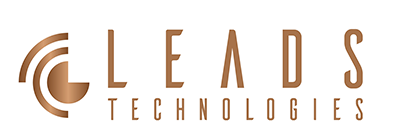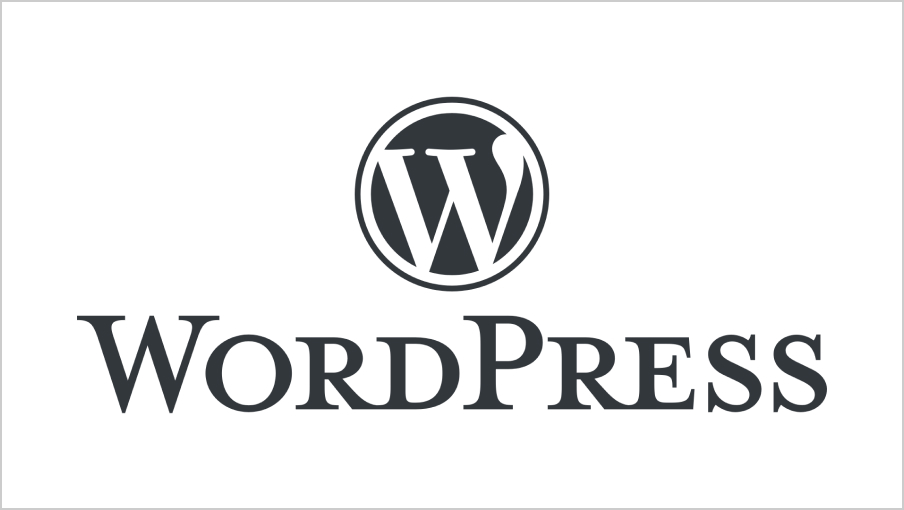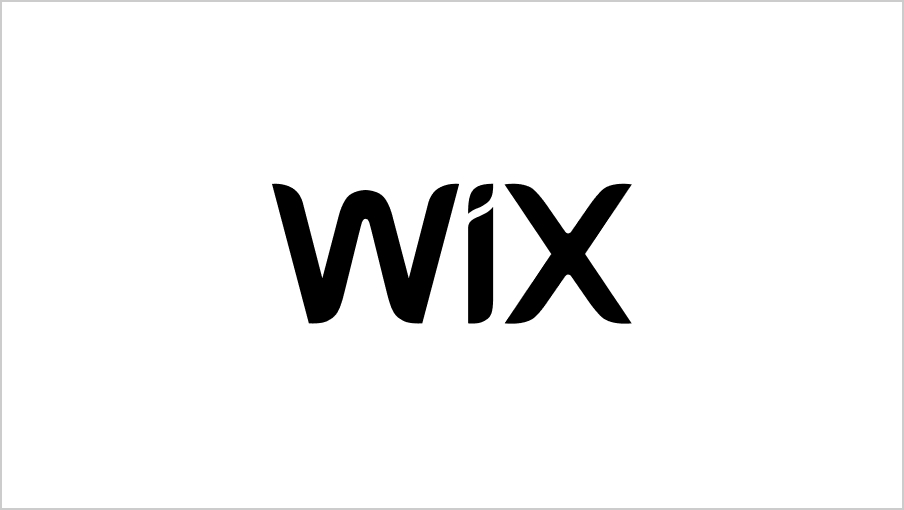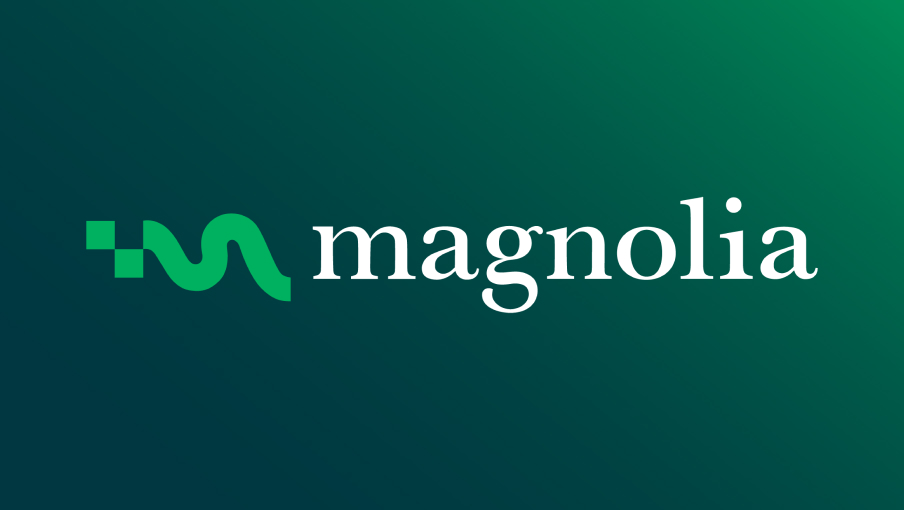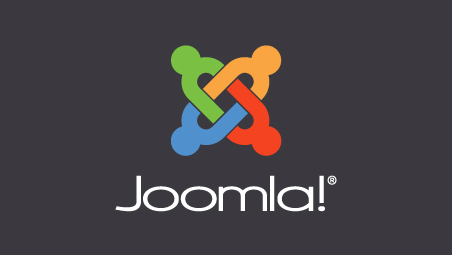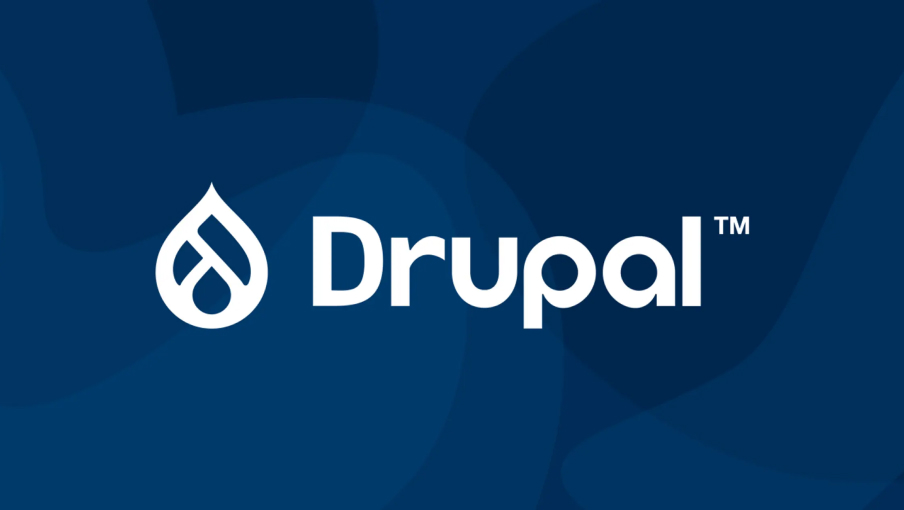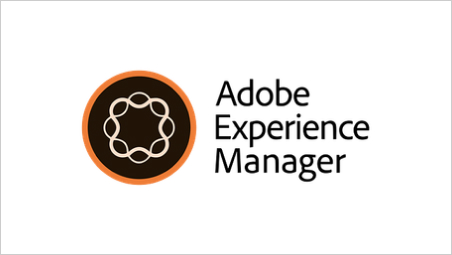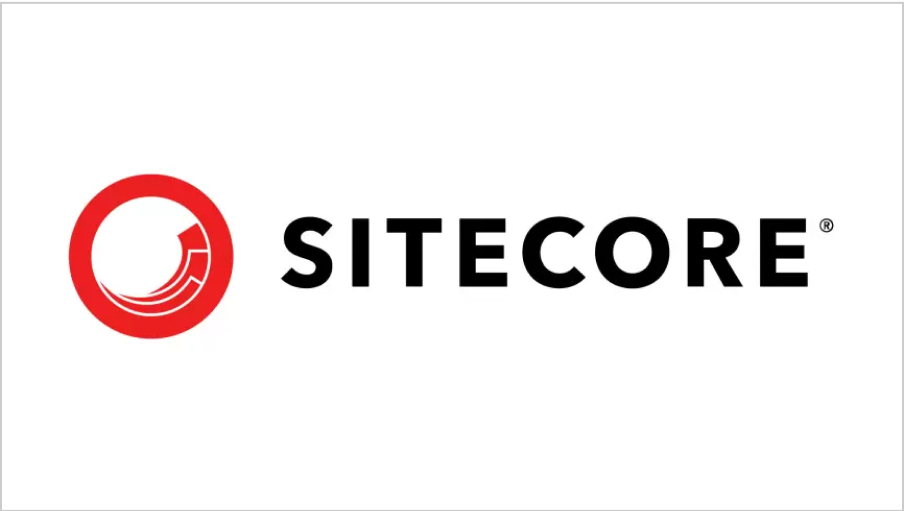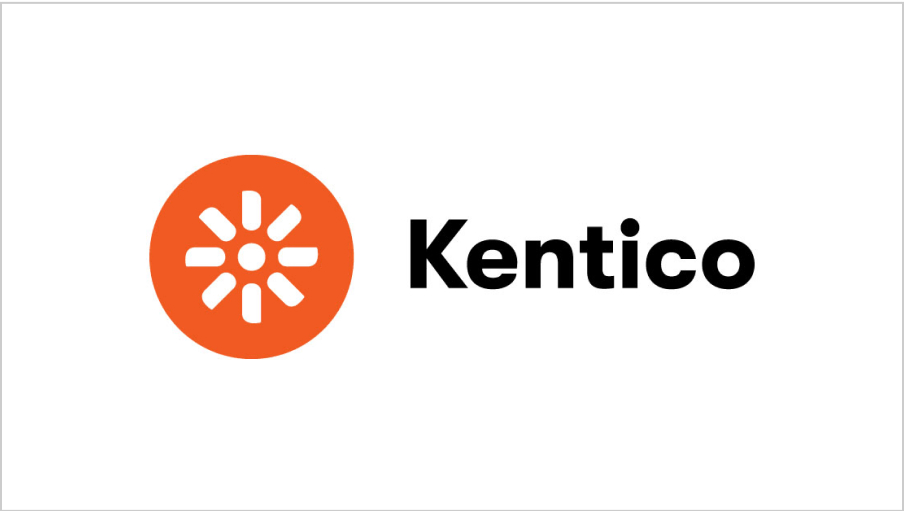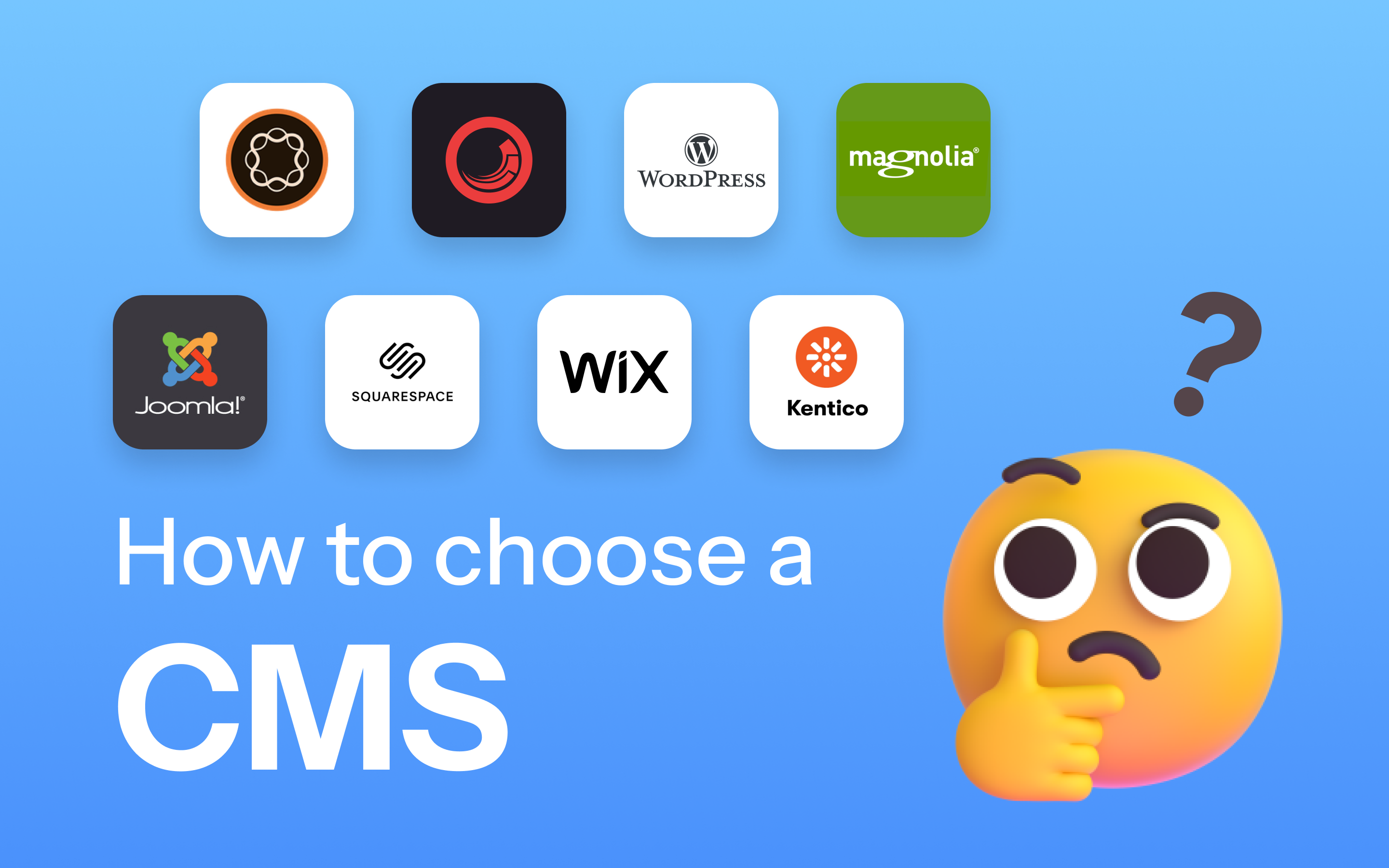
How to Choose the Right Content Management System (CMS) for Your Business
Content Management System (CMS)
7 May 2025
In the current wave of digital transformation, websites have become core platforms for brand display and customer engagement.
“Over 70% of companies report that after adopting a Content Management System (CMS), their digital operational efficiency and customer experience have significantly improved.”
—Forrester Research
Therefore, choosing the right CMS is crucial to a company’s success.
What is a CMS? How Does It Benefit Businesses?
A Content Management System (CMS) is a software platform that helps businesses build, manage, and publish digital content. Whether for websites, mobile apps, or social media, a CMS allows companies to efficiently centralize various types of content and update information as needed. Using a CMS enables more flexible marketing and management, reduces dependency on technical staff, and allows non-technical personnel to easily create and maintain content.
CMS needs vary among businesses of different sizes. Next, we will analyze suitable CMS options for different types of businesses to help you quickly find the best solution.
Small Businesses: Flexibility and Speed to Market
Small businesses or startups usually require quick deployment, along with ease of daily content updates and marketing activities, making a simple and user-friendly CMS more suitable.
Key Considerations:
- Ease of Use: Allows for easy management without the need for technical expertise, making regular updates and maintenance straightforward.
- Cost-Effectiveness: Opt for budget-friendly CMS options with essential features, like WordPress, Wix, or Squarespace, to avoid unnecessary feature costs.
- Flexible Plugin Support: Utilize plugins to extend basic functionalities, such as SEO and social sharing.
Recommended CMS: Based on the needs of small businesses, WordPress, Wix, or Squarespace are recommended. These platforms are not only easy to operate but also have a rich selection of plugins, enabling quick application for marketing and SEO optimization.
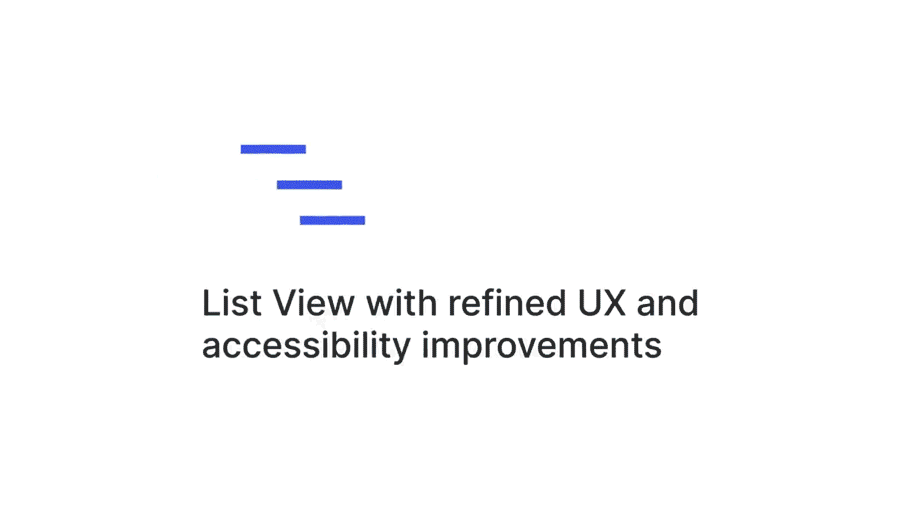
Small businesses can consider the flexibility of WordPress or choose Wix and Squarespace for quick deployment and easy management.
Medium-Sized Businesses: Scalability and Management Efficiency
Medium-sized businesses, after experiencing stable growth, often need to manage more content and may require cross-regional or multilingual support. Therefore, the CMS needs to have certain scalability and management efficiency.
Key Considerations:
- Multilingual and Multi-Site Support: Suitable for businesses that require international management, helping to unify the content experience.
- Quick Content Updates: Enables non-technical staff to perform content updates, speeding up the publishing process and reducing development reliance.
- WYSIWYG Editing: Drag-and-drop and WYSIWYG editing features simplify the design and update processes.
- Modular and Customizable Features: The modular design of the CMS allows businesses to flexibly expand according to their needs.
- Integration Capabilities: Integration with other data analytics, CRM, or ERP systems for convenient data consolidation and enhanced marketing efficiency.
- Content Approval Workflow: Built-in content approval workflows ensure the accuracy and consistency of published content.
Recommended CMS:

Medium-sized businesses have higher CMS needs than small businesses. Magnolia is suitable for multilingual and multi-site support, with a flexible modular design that meets localization needs in different regions and is not limited by deployment geography. Joomla! and Drupal are better suited for companies that prioritize security and scalability, supporting high customization requirements.
Large Enterprises and Multinational Corporations: Omnichannel Integration and Efficient Personalization
Large enterprises have significant demands for multichannel digital marketing, data integration, and high levels of personalization. Therefore, the CMS must support comprehensive content unification and management while ensuring consistency and deep personalization across channels.
Key Considerations:
- Digital Asset Management (DAM): Centrally manage digital assets such as images, videos, and documents to enhance resource reuse and management efficiency.
- Team Collaboration Support: Multi-user collaborative editing and management ensure consistency of content across departments.
- Multi-Device Preview: Provides previews across multiple devices to ensure a consistent user experience.
- Scalability and Customization Features: Allows for the addition of plugins and functionalities as needed, such as e-commerce or data analytics, to flexibly meet business demands.
- SEO Optimization: Built-in SEO features enhance website ranking and visibility in search engines.
- Version Control and Security Measures: Provides version control and security protocols to ensure data safety and prevent external threats.
- Generative AI Support: Integrates generative AI capabilities to assist in automatically creating high-quality content, accelerating content production efficiency.
- Automated Scanning and Deployment: Offers automated CI/CD pipelines for code scanning, testing, and deployment.
- High Availability and Scalability: Supports continuous business operations and future growth needs.
Recommended CMS:
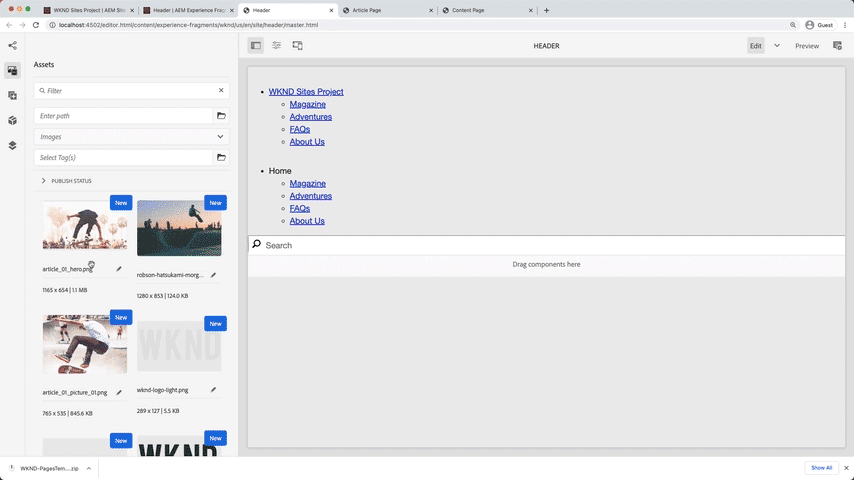
Adobe Experience Manager (AEM) combines digital marketing, cross-channel content integration, and the Adobe ecosystem, making it an ideal and cost-effective choice for large enterprises; Sitecore is suitable for highly personalized user experience management, while Kentico offers an economical and feature-rich solution for businesses with multichannel content needs. These CMS options have powerful functionalities that can flexibly meet various business requirements.
Conclusion
When choosing a CMS, businesses should make decisions based on their size, budget, technical capabilities, and content management needs. Small businesses should opt for simple, low-cost systems like WordPress or Wix; medium-sized enterprises need scalable systems that support multilingual and multi-site functionality, such as Magnolia, Joomla!, or Drupal; while large enterprises require highly customizable, enterprise-level CMS that support multichannel capabilities, like Adobe Experience Manager, Sitecore, or Kentico.
Choosing the right CMS can not only enhance the efficiency of content management but also contribute to the success of digital operations. If you need more advice on CMS selection or enterprise website development services, feel free to contact Leads Technologies, and we will provide you with tailored solutions.
